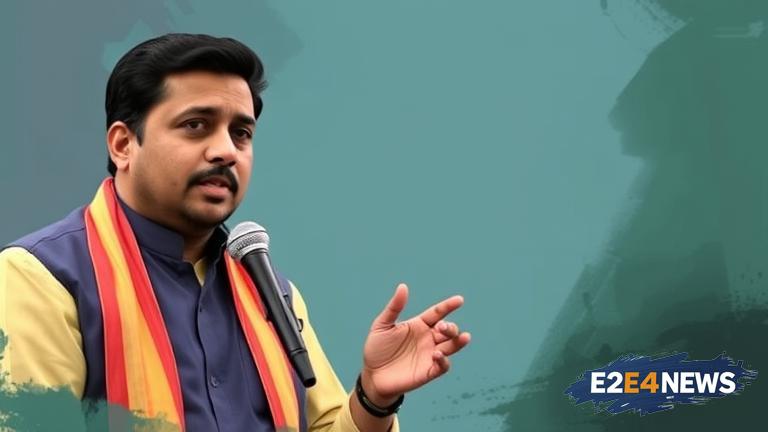The issue of infiltration in Assam has been a longstanding concern for the state, with many criticizing the government for not taking adequate action to address the problem. Recently, Gaurav Gogoi, a prominent politician, targeted Chief Minister Himanta Sarma for his inaction on the issue, accusing him of playing politics instead of finding solutions. Gogoi’s comments come at a time when the state is grappling with the challenges of infiltration, which has significant implications for the region’s demographics, economy, and security. The Assam government has been under pressure to take concrete steps to address the issue, but so far, it has failed to deliver. The opposition has been vocal in its criticism of the government, with many accusing it of being soft on infiltration. The issue has also sparked a debate about the role of politics in addressing the problem, with some arguing that the government is more focused on scoring political points than finding solutions. Despite the criticism, the Assam government has maintained that it is committed to addressing the issue of infiltration, but its actions so far have been inadequate. The state’s border with Bangladesh is a major entry point for infiltrators, and the government has been accused of not doing enough to secure the border. The issue of infiltration has significant implications for the state’s economy, with many arguing that it has led to a surge in unemployment and poverty. The government has been accused of not providing adequate support to those affected by infiltration, including indigenous communities who have been displaced by the influx of outsiders. The opposition has been demanding that the government take concrete steps to address the issue, including the implementation of the National Register of Citizens (NRC) and the deportation of illegal immigrants. However, the government has been slow to act, and the issue remains a major challenge for the state. The criticism of the government’s handling of the issue has been widespread, with many accusing it of being incompetent and ineffective. The issue of infiltration has also sparked a debate about the role of the central government in addressing the problem, with some arguing that it has a responsibility to support the state government in its efforts to address the issue. Despite the challenges, there are many who believe that the issue of infiltration can be addressed with the right approach and policies. The government needs to take a comprehensive approach to addressing the issue, including securing the border, implementing the NRC, and providing support to those affected by infiltration. The opposition has been demanding that the government take immediate action to address the issue, and it remains to be seen whether the government will respond to the criticism and take concrete steps to address the problem. The issue of infiltration is a complex one, and it requires a nuanced and multifaceted approach to address. The government needs to work with all stakeholders, including indigenous communities, civil society organizations, and the opposition, to find solutions to the problem. The issue has significant implications for the state’s future, and it is essential that the government takes immediate action to address it. The criticism of the government’s handling of the issue is likely to continue, and it remains to be seen whether the government will respond to the criticism and take concrete steps to address the problem. The issue of infiltration is a major challenge for the state, and it requires a comprehensive and sustained approach to address. The government needs to prioritize the issue and take immediate action to address it, including securing the border, implementing the NRC, and providing support to those affected by infiltration. The opposition has been demanding that the government take concrete steps to address the issue, and it remains to be seen whether the government will respond to the criticism and take action to address the problem.
